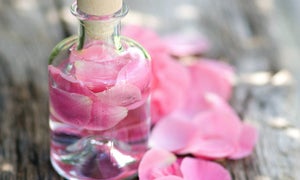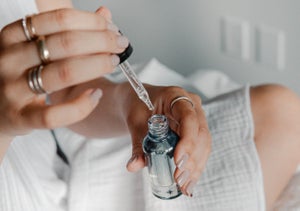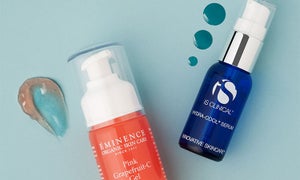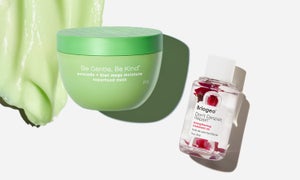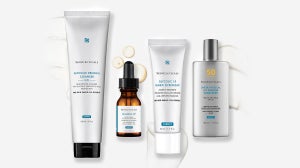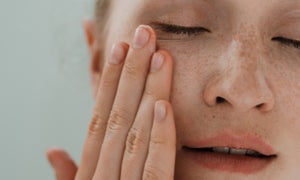
You've probably heard of celebrities and supermodels who took Evian baths before their wedding or a photo shoot. While this seems like a stretch, considering that some states are already experiencing a record-breaking drought, they could be on to something: Cleansing with standard tap water could be damaging your skin and hair.
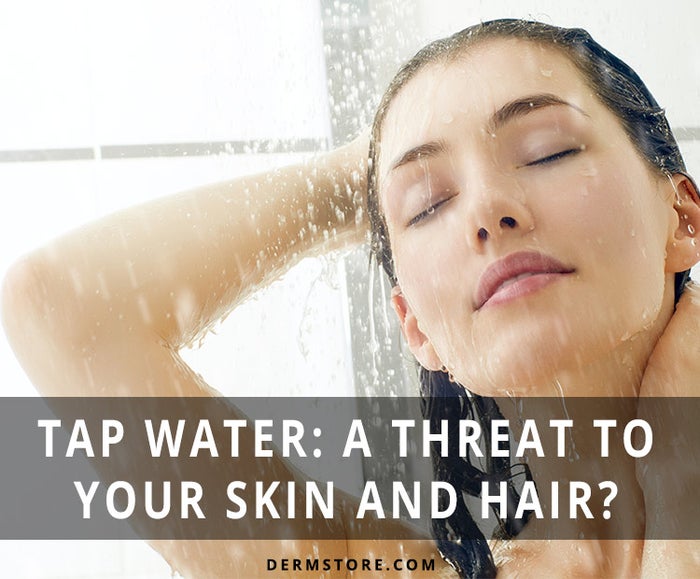
In an analysis of 20 million tap water quality tests performed between 2004 and 2009 by water utilities, Environmental Working Group (EWG) detected 316 contaminants in U.S. water, and these include the toxic rocket fuel component perchlorate, the industrial solvent acetone, the weed killer metolachlor, the refrigerant Freon and radon, a highly radioactive gas. EWG also found pesticides and fertilizers, animal waste, factory discharges and byproducts of water treatments. (So next time you find yourself dining out, think twice before asking the waiter for tap water.)
But even if you don’t drink tap water, simply bathing, cleansing your face or washing your hands with it could pose issues. “Tap water contains chemicals and heavy metals—chlorine, aluminum, copper, lead, mercury, hormones and nitrates—which can strip skin of moisture and cause it to age faster,” warns board-certified dermatologist, Gary Goldfaden, M.D. “These heavy metals mix with free radicals and attack the collagen in our skin. Once collagen breaks down, skin becomes loose, saggy and wrinkled.” These contaminants can also strip away our hair’s natural color and protective oils, making it dry and dull.
But don't fret and hold the bottled water, there are more affordable ways to limit, if not to completely eradicate, the exposure to these heavy metals. Here are just a handful of them:
1. Use a Shower Filter Some water filters boast the ability to remove 90 percent of chlorine, heavy metals and harsh chemicals from polluted tap water, softening skin and hair and preventing hair color from fading fast.
2. Try the No-Rinse Method If cleansing with unfiltered water still bothers you, you may want to consider products that don’t require rinsing, like a cleansing wipe or a dry shampoo. You can also consider other types of non-traditional waters to cleanse your skin, like a micellar solution.
3. Use a Sulfate-Free Hair Product Since water filters won’t be able to remove all the contaminants from the water, Dr. Goldfaden suggests using gentle hair products that won’t add potentially damaging chemicals like sulfates.
4. Strengthen Your Skin’s Barrier Dirty tap water remains, at least for now, a fact of life, so the best way to protect your skin from the harmful effects of tap water is to bolster its ability to protect itself. Try choosing products designed to nourish, strengthen and protect your skin’s natural moisture barrier. “Look for products that provide superior hydration and protective benefits,” suggests Dr. Goldfaden. “Those that contain antioxidants, hyaluronic acid or ingredients that restore nutrients and boost collagen production.”

Related Articles

